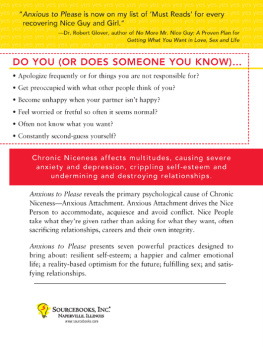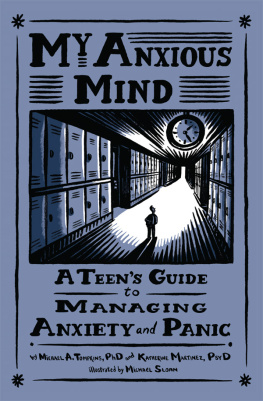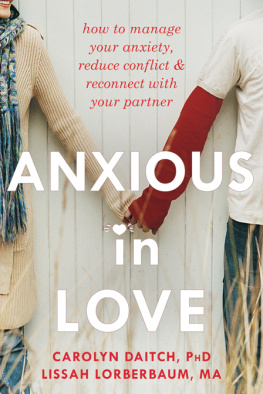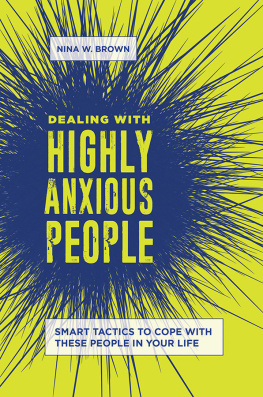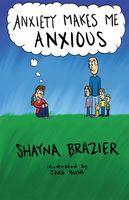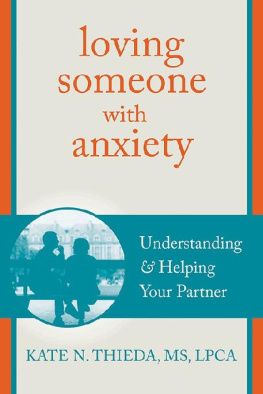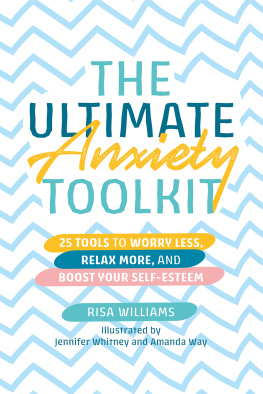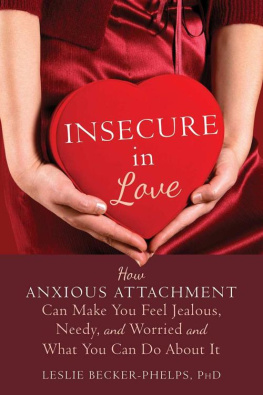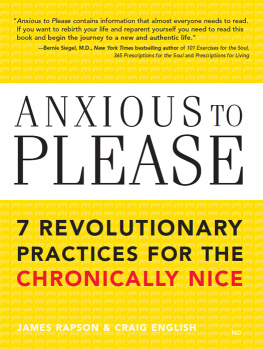
Copyright 2006 by James Rapson and Craig English Cover and internal design 2006 by Sourcebooks, Inc.
Sourcebooks and the colophon are registered trademarks of Sourcebooks, Inc.
All rights reserved. No part of this book may be reproduced in any form or by any electronic or mechanical means including information storage and retrieval systemsexcept in the case of brief quotations embodied in critical articles or reviewswithout permission in writing from its publisher, Sourcebooks, Inc.
This publication is designed to provide accurate and authoritative information in regard to the subject matter covered. It is sold with the understanding that the publisher is not engaged in rendering legal, accounting, or other professional service. If legal advice or other expert assistance is required, the services of a competent professional person should be sought.From a Declaration of Principles Jointly Adopted by a Committee of the American Bar Association and a Committee of Publishers and Associations
This book is not intended as a substitute for medical advice from a qualified physician. The intent of this book is to provide accurate general information in regard to the subject matter covered. If medical advice or other expert help is needed, the services of an appropriate medical professional should be sought.
All brand names and product names used in this book are trademarks, registered trademarks, or trade names of their respective holders. Sourcebooks, Inc., is not associated with any product or vendor in this book.
Published by Sourcebooks, Inc.
P.O. Box 4410, Naperville, Illinois 60567-4410
(630) 961-3900
FAX: (630) 961-2168
www.sourcebooks.com
Library of Congress Cataloging-in-Publication Data
English, Craig.
Anxious to please : 7 revolutionary practices for the chronically nice / Craig English, James Rapson.
p. cm.
Includes index.
1. Attachment behavior. I. Rapson, James. II. Title.
BF575.A86E54 2006
155.232dc22
2005033002
Printed and bound in the United States of America.
POD 18 17 16 15 14 13 12
Contents
Section One:
Nice People
How to Make a Nice Person: The Enduring Effects of Anxious Attachment
Take a puppy away from his mother, place him alone in a wicker pen, and you will witness the universal mammalian reaction to the rupture of an attachment bonda reflection of the limbic architecture mammals share. Short separations provoke an acute response known as protest, while prolonged separations yield the physiologic state of despair.
THOMAS LEWIS
and down they forgot as up they grew.
E.E. CUMMINGS
IT ALL BEGAN WHEN I WAS A CHILD
The comedian Steven Wright joked that, while he didnt think that being born by C-section had really affected him, "every time I leave my house I have to go out through the window. Our culture has come to accept the notion that the way we feel and behave is related to the way in which we grew up. It will probably not, then, tie you into knots when we suggest that the psychological roots of the Nice Person originated in his or her childhood.
Nice People come in a wide variety of packages and from quite diverse backgrounds and ethnicities. But they all share a common foundational loss, going back to the earliest days of childhood. From this loss springs the anxiety and fear that drive the Nice Persons behavior.
EMPHASIZING MOTHERS
Recent research shows that fathers are extremely important in raising healthy children. Nevertheless, moms and dads are not simply interchangeable. In this chapter we emphasize the unique role of mothers in establishing the essential, primary bond that supports a babys development in early childhood.
The loss that we are talking about is the lack of reliable, consistent, and attuned love from the mother (or primary care giver). This loss prevents the formation of secure attachment, which is the healthy bond between mother and child.
A LITTLE ABOUT SECURE ATTACHMENT
Like an invisible umbilicus, the bond of secure attachment provides a conduit for the unobstructed flow of emotional nourishment to the child, while similarly allowing for the needs of the child to flow to the mother. When the attachment is secure, the child feels comfortable needing mother and depending on her, and as the baby grows older this comfort can be extended to other caregivers. Eventually, the secure attachment that began with mother will blossom into the self-assuredness that will allow the child to form healthy and openhearted intimate relationships in adulthood.
Secure attachment is the emotional foundation for a calm and confident psyche in the growing child and adult. In order for secure attachment to develop, a baby must believe that his or her mother will:
- Be there when she is wanted or needed
- Be able and willing to provide what the child needs
- Offer love enthusiastically and consistently, without rejection or withdrawal
- Love effectively by staying in tune with the child, not being intrusive or demanding
GOOD-ENOUGH MOTHERS
The phrase good-enough mother was coined by renowned psychologist and researcher Donald Winnicott to capture the concept that minor failures in parenting, while frustrating for the child, are essential to his development. These small frustrations actually propel him to form an internal representation of his loving mother, which will tide him over during disturbing times. As he grows, this inner resource gets integrated into his personality, making him more resilient and self-reliant.
No mother, of course, can do these things perfectly at all times. Even a woman who is ideally suited for motherhood will have her strengths and weaknesses, as well as her good days and bad days. But research has shown that babies are resilient and will internally compensate for mistakes, lapses, and disappointments.
Secure attachment is the emotional foundation for a calm and confident psyche
Even so, the good-enough mother has to be reliable enough, responsive enough, attuned enough, and warm enough for the baby to feel securely attached. She must also be able to handle and contain the babys normal aggression and rejection without withdrawing or retaliating herself. If she cannot reliably do these things, the child becomes anxious and insecure, fearing that this all-important connection with mother is threatened by things that are innate in the child: neediness, anger, aggression, and desires to be separate. If things dont improve, this anxiety becomes firmly fixed in the childs body and psyche.
AVOIDANT AND DISORGANIZED ATTACHMENT
At the other end of the spectrum are two attachment styles that represent general failure in the mother-child relationship: avoidant attachment and disorganized attachment. Avoidant attachment is the result of a chronic emotional neglect, and leads a child to routinely reject opportunities for connection and nurture from a parent. Even though these children need reassurance and encouragement, they act as though they dont, and seem unable to be nourished by it even when such comfort is available. As adults they likely will minimize the importance of close relationships.
Disorganized attachment forms when the child is regularly overwhelmed and terrified by the parent. These children face an intense internal paradox: their instinct is to seek soothing from the very parent who is terrifying them. Desperate to maintain a bond with that parent, they fragment internally, repressing their overwhelming rage and fear. When they become adults, these raw emotions will randomly reappear, causing great disruptions in their relationships.
Next page
